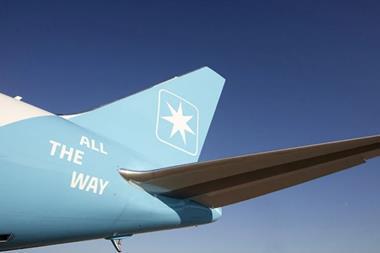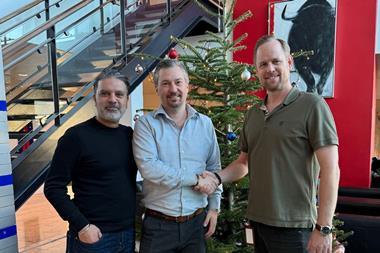IATA has called on European governments and regulators to bolster the region’s competitiveness, citing a hit list of measures to improve global connectivity.
Tony Tyler, the airline association's director general and chief executive, said: “Among the biggest obstacles faced by European airlines are the competitive disadvantages placed in their way by Europe’s governments.
“The region’s airlines are over-taxed and onerously regulated. Moreover, they suffer from a chronically mismanaged air traffic management system, insufficient airport capacity and infrastructure costs that are simply too expensive. It’s time to do something about it.”
The priority list for infrastructure is headed by the Single European Sky (SES), and Tyler called for strong support of the SES2+ package to clear the way for rapid progress on this “long-delayed” project.
In addition, IATA wants European policy-makers to take urgent action to avoid a predicted airport capacity shortfall that is expected to reach 12 per cent by 2035, according to research house Eurocontrol.
European governments' fiscal policy was also criticised, with IATA calling for the tax burden to be lifted from the region's carriers: “In 2014, European governments will collect nearly US$40 billion in taxes from airlines and passengers. To put that into perspective, that is more than double the taxes collected in the Asia-Pacific region.”
The association blamed “excessive or misguided regulation” that has “weighed down Europe’s air transport industry,” adding: “Regulation can be a powerful and effective enabler. This is the case in areas such as safety or economic regulation to counter-balance significant market power. But it must be appropriately focused.”
Tyler stated: “There is a very long list of things that Europe can and should do to improve the operating environment for its aviation sector. And the motivation for that is because aviation generates jobs and grows the economy through connectivity.
“A successful aviation sector improves European competitiveness.”










